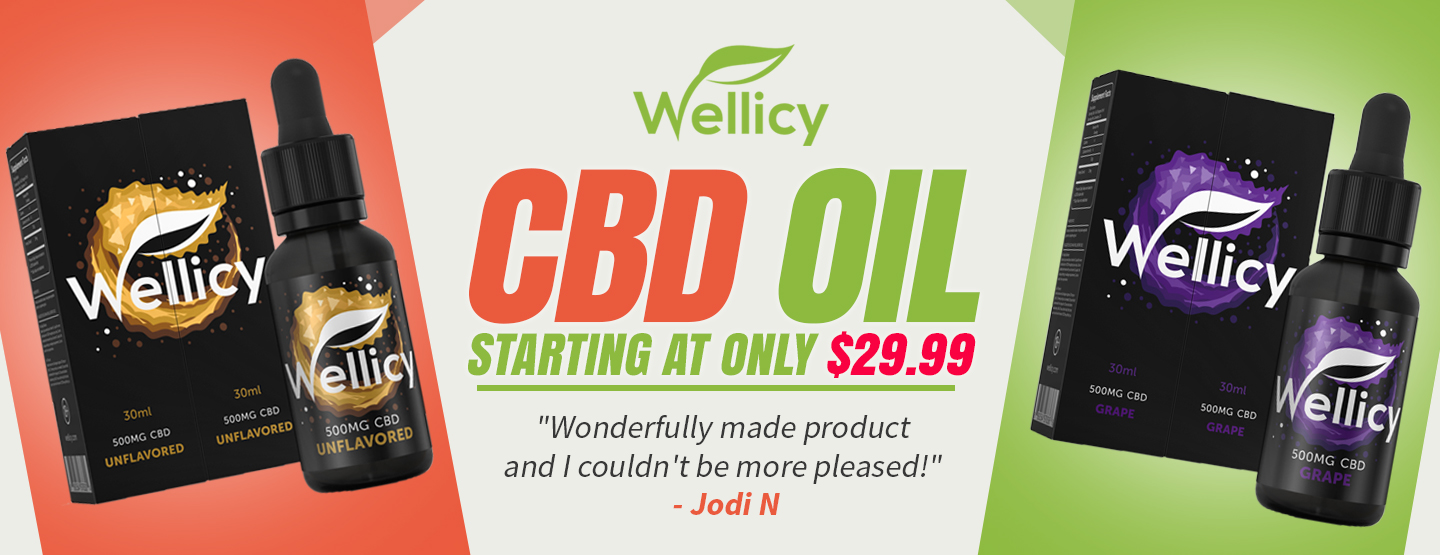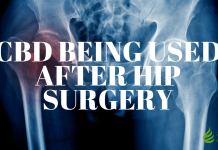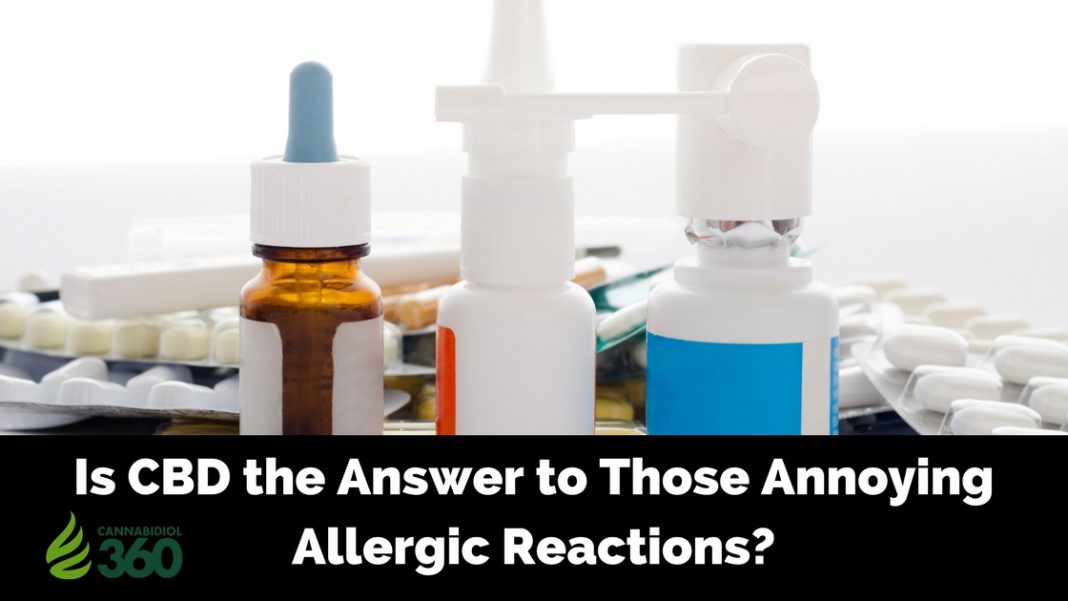
The human body is protected from harmful elements by the immune system. Sometimes, the immune system attacks an element that is not harmful causing your body to adversely overreact to said element. When this happens, it is said to be an allergic reaction.
Upon exposure to an irritant, your body produces the antibody Immunoglobulin E that then causes release of histamines and other chemicals into the blood. Histamines are akin to well meaning older brothers.
They will manhandle anyone who dares to come too close whether or not they are dangerous. The histamines will do whatever it takes, even if it means a runny nose or sneezing to ensure the allergen is hustled out of your body.
Your body also boosts blood flow to the affected area causing inflammation. This process paves way for other elements, which step in to repair whatever damages may have been caused.
Symptoms of an Allergic Reaction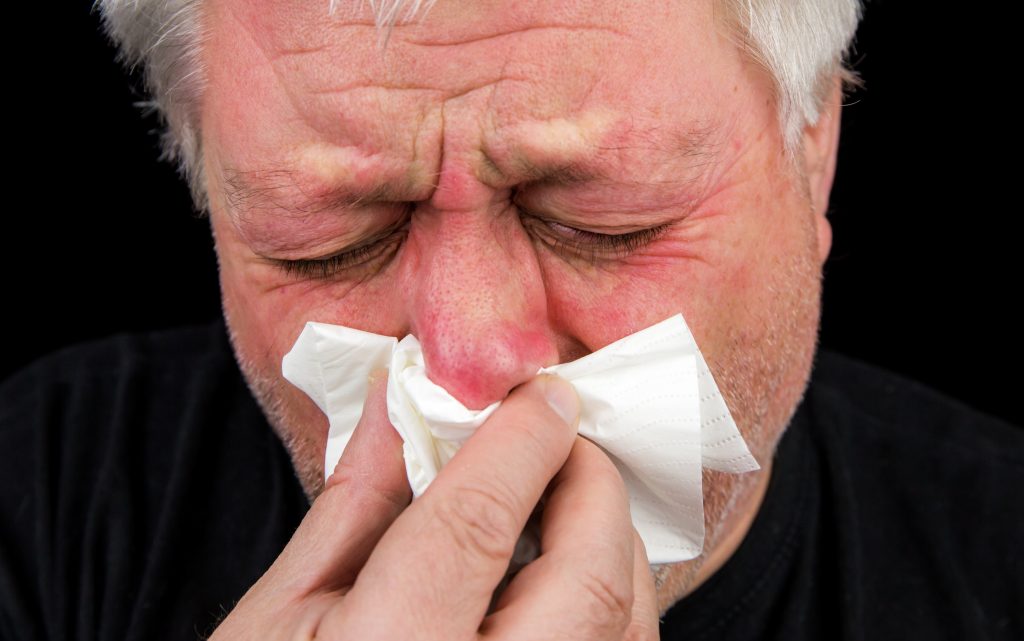
The symptoms experienced will depend on form of contact with irritant. It could be through the skin, air, food, or insect. You could have watery and itchy eyes, sneezing, running and itchy nose, rash, weariness, hives, stomach cramps, vomiting, diarrhea, sweating, redness, or pain.
Allergic reactions vary from mild to anaphylaxis. An anaphylactic attack is life threatening and demanding of immediate medical attention.
Allergic reactions in children should be taken very seriously, as more than 40% of children suffer allergic reactions to a variety of things. It is a major cause of morbidity in children.
Familial Connection
Allergies can be passed from parent to child in two ways. The child could have the very same allergy as the parent. The child could also have a different allergy from the parent but an allergy all the same. Having one parent with an allergy means that you will most likely develop one too.
However, if both parents have allergies the chances double. It is important that one know about their triggers from an early age so that they can keep their distance from the irritants and stay informed about the steps to take in the case of an allergic reaction.
Prescription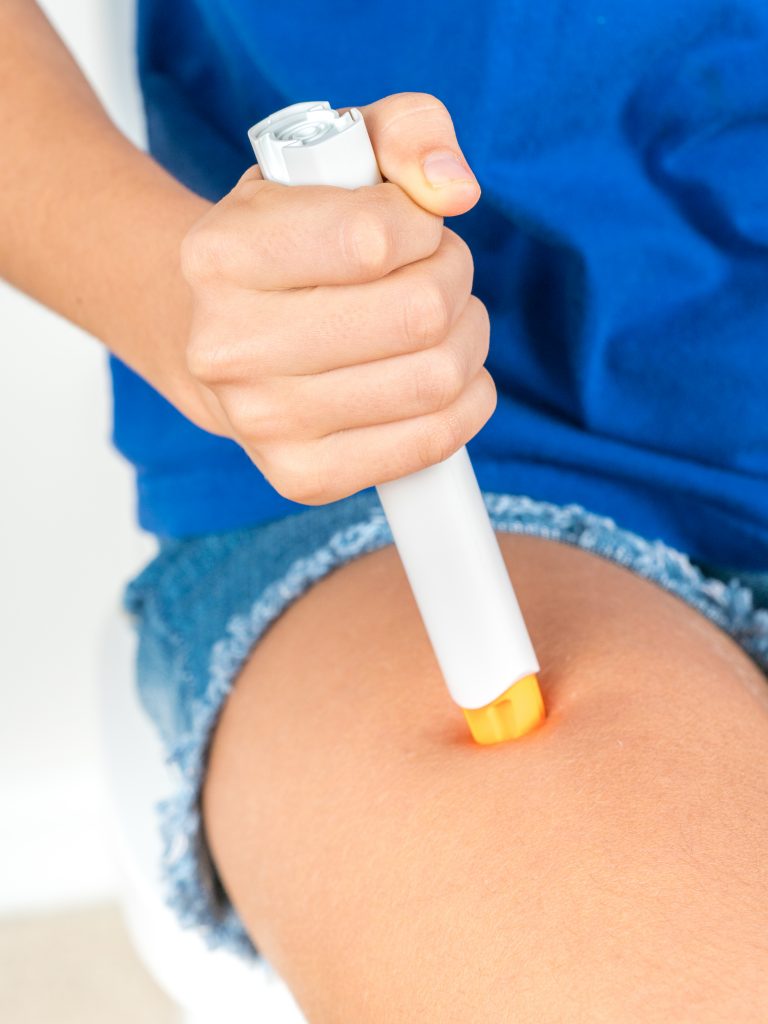
Treatment for allergic reactions is pretty straightforward. In the past, a little Vaseline in case of skin contact or insect bite would solve the problem pronto. Things are more complicated now, Antihistamines are the most widely used form of treatment for allergies.
These are pills, which dial back the histamine chemical in the body so that the symptoms can be relieved. There are also decongestants for the nasal irritants. More severe allergic reactions require epinephrine and in some cases immunotherapy.
Epinephrine is the only available immediate treatment for anaphylaxis. During anaphylactic shock, you can experience throat tightness due to swelling. Your heart function and blood pressure also become destabilized.
Your body’s natural response in such a situation is to produce adrenaline. The epinephrine is injected in your outer mid thigh to start the process of relief. It works rapidly to reverse the effects of anaphylaxis.
CBD as an Antihistamine
The endocannabinoid system is stretched far and wide throughout the body. This means that receptors are sprinkled all over. A study in 2012 found that the receptors were directly linked to mast cell activity.
Mast cells are responsible for the production of histamines in the event of an allergic reaction. Therefore, it was found that CBD effectively prevents release of histamines into the blood thus combating the reaction and effects.
CBD for Inflammation
An article in the Journal of Pharmacology and Therapeutics outlined the action of CBD on allergen caused inflammation. They induced rodents with egg whites, which are known to activate mast cell activity.
Upon intervention of CBD, inflammation and swelling reduced. Airway obstruction went down significantly making it easier for the subject to breath. This makes CBD a potent remedy for asthma and other allergy diseases.
CBD to Relieve Pain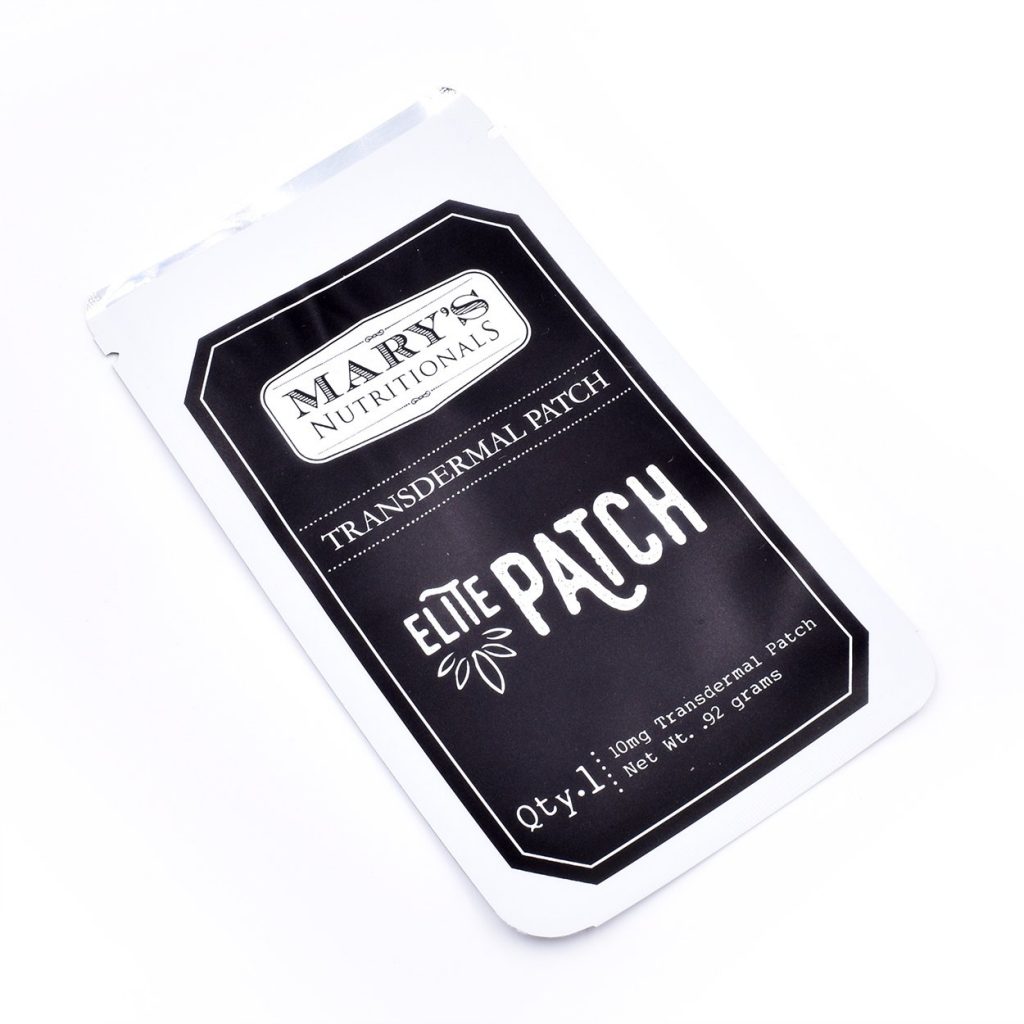
Allergies come with a lot of pain. The endocannabinoid system plays a significant role in modulating pain sensations. This fact makes CBD an excellent analgesic in this situation.
You may also experience trouble sleeping or calming down. CBD, as studies have shown, may combat those problems effectively allowing for restful sleep.
CBD Application
In the case of allergies, CBD products used need to be fast acting. The longevity of effects does not matter much. Each product will be useful to its own special type of allergy therefore you should pick one that works best with your symptoms.
CBD Topical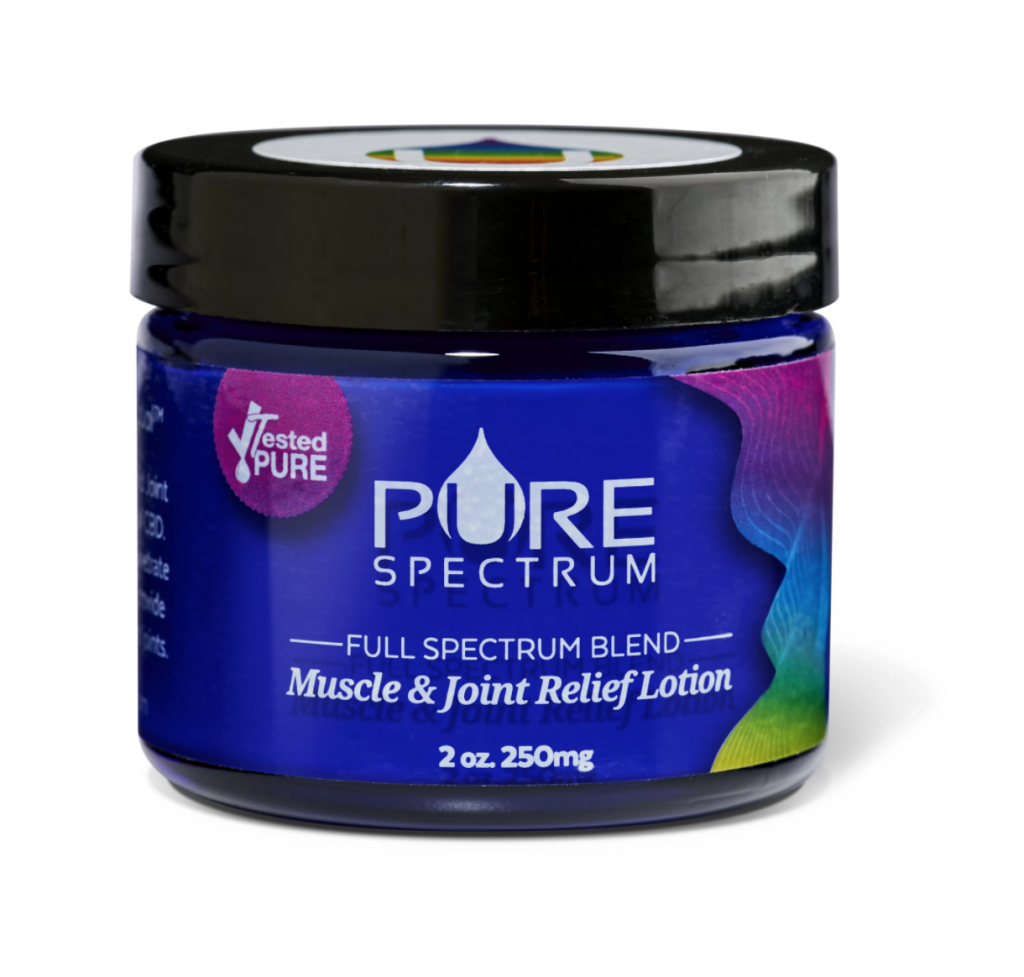
There was Vaseline mentioned at some point, these works just like that only more effective. Topicals range from balms to glycerin.
They come combined with other natural ingredients like essential oils that work together to provide instant relief on the affected area. They work to reduce swelling, clear rash and abate pain in case of insect stings or skin contact.
Some children have incredibly sensitive skin that develops a rash at the slightest provocation. It could be fabric or even a little bit of hard water. CBD in the bath water or using CBD soap will keep the reactions minimal. However, you should consult a pediatrician about this idea.
The salve, or whatever other topical used, activates the endocannabinoid receptors under the skin thus providing localized relief from pain or inflammation. It also reduces itchiness and soothes skin.
CBD Oil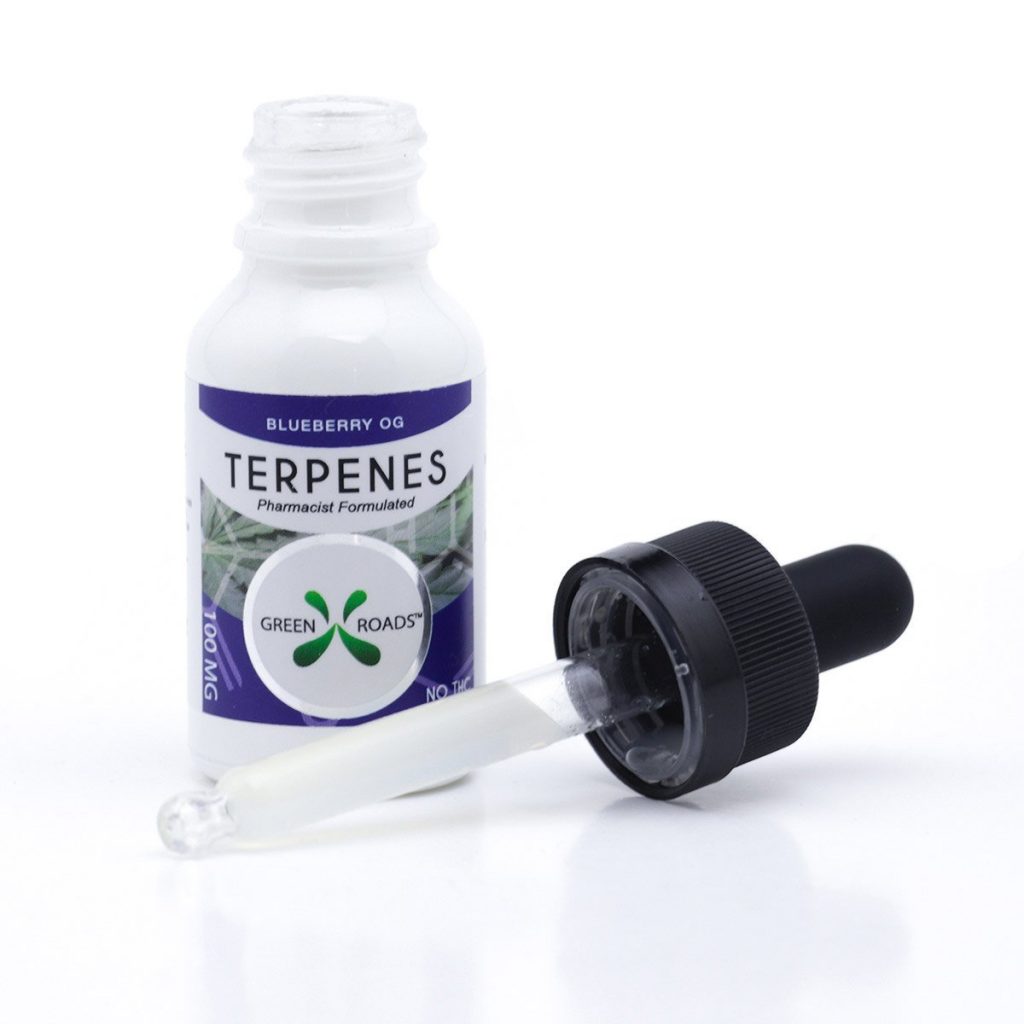
In the same respect as above, this product can also be used topically. If it is the only product within reach, it is okay to rub a little bit on the area. The oil can also be put in a sprayer to use orally.
The other uses are orally and sublingually. The CBD is absorbed through the oral mucous and rapidly enters the bloodstream for antihistamine action. The effects last a little longer than vaping or smoking.
CBD Tincture
Tinctures are products made from 100% pure CBD. It is very convenient as it can be homemade and store bought. A few drops under the tongue are enough to keep an oncoming allergic reaction at the first sense of symptoms. It will act fast because the capillaries under the tongue take the CBD directly into the blood circulation.
Tinctures can be used for most of the allergy types. For example, in case of a food allergy. Say you ingest a peanut pastry unknowingly but are incredibly allergic to it.
Then alas! You cannot find your epipen. Follow it up with some CBD tincture under the tongue to keep the throat from swelling up while the epipen is fetched.
Edibles
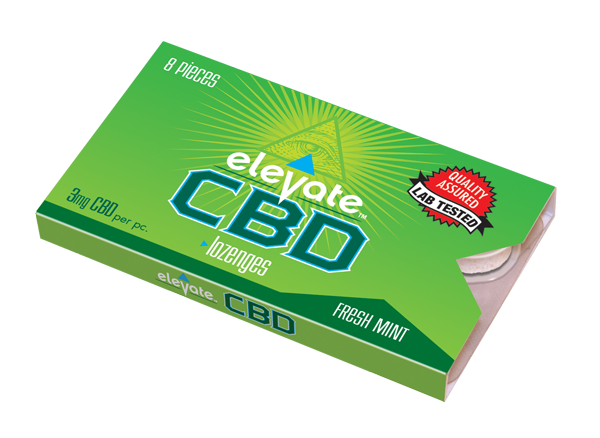 These are slow acting but the effects last for double the amount of time. They are more suitable for when you can predict an allergy reaction. Like when you know you will encounter your allergen.
These are slow acting but the effects last for double the amount of time. They are more suitable for when you can predict an allergy reaction. Like when you know you will encounter your allergen.
For example, you are allergic to pollen but your little flower garden needs tending. Some CBD infused tea hours prior will keep the white blood cells from overreacting to the pollen. These are also good for seasonal allergies.
Nasal spray
This solves that problem of those annoying sniffles every time you take a walk. It is a water-soluble product of CBD infused into a saline nasal mist, that is shot up the nose.
The advantage is delivery directly into the proper receptors for quick action.
This product comes in small pocket sized packaging that just screams convenience. You can carry the spray on a walk or even nudge into the pocket of the overalls while working in the garden.
Suppositories
This is one of the novel ideas for CBD delivery. It works when the patient cannot swallow or is vomiting. Rectal delivery of CBD has a higher bio availability.
Rectal membranes are highly absorbent and effective at distributing the CBD through your body. Effects can be felt within fifteen minutes and will last up to eight hours.
Intravenous CBD
Research is still ongoing in this respect. The purpose is to inject CBD right into the system. It has been found that bio availability of intravenously delivered CBD is highest. However, there could be health concerns hence the need for a specialized product for CBD injection.
That said, do not attempt to inject CBD oil or tincture into your bloodstream. When research is done and the product is launched, asthma and other allergy patients will benefit greatly from a product that goes straight into the blood and whose effects last a long time.
Effective Option
The last two products can easily put fear in the heart of anyone. They are nontraditional, but highly effective therefore deserving of some consideration. The EpiPen is especially daunting for children, they will kick and scream despite the oncoming onslaught.
An injection is an injection whether or not it is delivering life. Embracing CBD as a possible remedy or even addition to the course of allergy treatment could go a long way in solving the convenience issue.
How many times have you forgotten to carry your EpiPen to dinner or an outing?

